Who gets the main attention? The viewers, the audience or the person next door? For me, all three. I cannot disrespect anyone.
By.
Luis Fernando Gutierrez Cano, PhD.
Mg. Luis Jorge Orcasitas Pacheco*
Claudia Cano is a Colombian communicator and in her professional career as a journalist and presenter her work at Canal 22 in Miami stands out, the correspondent in Noticias Caracol was also deputy director and presenter of the news program Noticias Uno mediodía, presenter of the debate program Veredicto, was also in the regional channel Teleantioquia, and is currently linked as a presenter in the local channel Telemedellín. Claudia is one of the most experienced Colombian communicators both in the field of news presentation and in various programs of the informative genre.
In this interview, this renowned journalist and presenter shares some experiences in her long career both in Colombia and in the United States.
Thanks to the various live programs in which you have participated such as Ven a mi pueblo, Informativo Antioquia, Noticias Caracol, Noticias Uno and Hora 13 Noticias, among others, you have been able to perform in several news genres. What does the presentation of each of these genres entail and how does a presenter prepare to face them?
In the different formats that are handled on television there will always be a different rhythm in the way of presenting, in the intonation and in the attitude. A study program is different from the format of a program like Ven a mi pueblo that was made in Pueblito Paisa outdoors; So when you're observant, the turn to a story can be 180 degrees.
In Ven a mi pueblo I was with Carlos Tobón and what we did is that we divided the interviews. "It's your turn to be the lord of the butcher's shop and it's my turn to the lady who sings in church"; So, it is very difficult to have a general concept of who these people were. Before the interview I liked to ask them three or four general facts, so you show yourself as a person who is informed of the person you are interviewing and that data becomes a lifesaver in case something happens.
Situations like "At this moment we meet Luis, he is from the municipality of Ciudad Bolívar. Welcome", and just at that moment they tell you "stretch because the gentleman is not prepared", then you have to say: "I want to tell you, while we solve the technical problem, that he has been living in this municipality for so many years, he has dedicated himself to this ..." And you start releasing those data that you had planned to develop during the interview, but that in case of a technical failure can save you at any time.
On the other hand, when you are inside a recording set in which visually there is nothing but cameramen, cables and cameras, the situation is more complicated because you have to go to memory and what you have studied.
Many will wonder how one does to study 20 news daily? We in Telemedellín have a Drive where continuity appears, which is where the order of the news goes. They tell me: "Claudia goes with note 23 and In 23", In is called what a presenter says on the air, as if it were a headline, but a little longer and that gives way to the note. While the note that my colleague has just said is rolling, I look in the Drive for what note 23 is about —I know that in advance because in Telemedellín we are in charge of making the script— and I make three notes, that will give me a guideline in case something unexpected happens like the teleprompter failing. that whoever is in charge of the master's degree is talking to him or is careless or that something is out of whack; That is the fear of all presenters and, although it does not happen all the time, that when it happens we will be prepared.
And in a debate program the driver how does he handle situations, what changes with respect to other live programs?
When I was on Channel 1 I presented Veredicto, a program that was precisely that: a theme, a person who was in favor, another against and I was the mediator. What did I do?, study; First, he had to know very well who were the guests he had on both sides and; secondly, the issue to be discussed. For the debate you need to have insight to know when you throw the data and intervene; for example, I have to interview the politician Armando Benedetti so I study information about him and his opinions that are related to the theme of the program. At any moment he would drop a pearl and I would try to remember (not to read it, if you read everything it shows that you did not study) and I would say: "let's see, senator, you said in 2012 such a thing, why do you now have a different answer?", then what it is about is to make small contributions from side to side and have a position of complete seriousness.
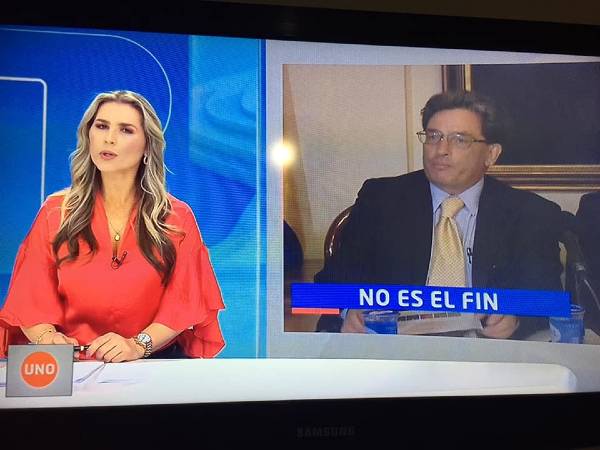 Does the style in terms of costume, makeup or hairstyle respond to gender or has it managed to constitute a style of its own?
Does the style in terms of costume, makeup or hairstyle respond to gender or has it managed to constitute a style of its own?
My style is me. I haven't let anything be imposed on me, I'm a calm person so I want to reflect that on the air as well. As I am so caderona, for example, I always leave black pants because I do not favor light colors. For example, dark colored garments such as black are part of my style, but behind there is a reason and that is that on television not everything is acceptable or beautiful, everything must be aesthetic and within your training you must know what your advantages and disadvantages are.
In that sense, as time goes by and you watch the programs you begin to discover what favors you and what does not. I am a bit of an enemy of prints or, for example, thin stripes, it seems to me that they are distracting and generate noise, so a presenter must be careful with those details and also with the combination of colors. In Telemedellín we have a wardrobe and she sends us suggestions. If I don't like something or don't feel comfortable, I'll leave it to a little man and ask her to change it. There are three key words in this profession: humility and love and respect for each other's work. The mark is left, not by the presentation you make in front of the camera, that's what viewers are for, but among the co-workers you want to be remembered because you treated them well and because of the affection for what is done.
Now let's talk about the voice, how to enhance vocalization and pronounce well, how to work the tone, rhythm and volume?
I am very paisa and I speak super dragged, rather, but when they put a camera in front of me the attitude changes completely. I start with the breath, when I have a script I look at a point as far as I can go with a breath, because it is not healthy to be seen speaking as drowned, and when you already feel "reached", you breathe, but you must change the tonality and emphasize some words. I like to turn the text into a roller coaster so that the reading is not completely flat, because that definitely bores people.
As in Telemedellín we have the possibility of making the scripts, I like to start with something different, such as: "Did you know what is the most dangerous place for women in Medellín? According to a study, the secretariat...", that is, to emphasize the important words because saying everything in a monotonous way puts anyone to sleep. At first you have to record a lot to listen to the tonality, I used to, but after twenty-odd years I don't do it anymore.
On the other hand, I must indicate that I never tried to imitate anyone, I always wanted to be myself, with the mistakes or with the qualities that I acquired along the way. I was clear about that and I want people to recognize me, to have the TV on and feel my voice.
As for the body, how should the posture be in relation to the camera and the viewer? There is a question of fear regarding the movement, a lot or a little?
Here you have to have something clear and it is non-verbal language. When you touch your hair or when a man touches his beard, those are signs of insecurity. Many people need a ground pole to give them security. In my case, my ground polo shirt is a pen or the papers I have in my hand. These papers also help me in case of a failure in the teleprompter; if you have to learn an In by heart, the most appropriate thing is to have the information either on your cell phone or on paper. It's also important to keep track of the text you're saying so you don't say it verbatim, so that you keep track of what's been said and can be sure you're saying the right thing.
Similarly, another strategy is that when you have a difficult word to pronounce, what I try to do is start with that sentence because if it is in the middle of the text you, unconsciously, know that you are going to reach a word that makes it difficult for you to pronounce and it is feasible that you can make mistakes.
How do you handle that triangular relationship between the audience, the camera, and the guest? Are there any keys?
Who gets the main attention? The viewers, the audience or the person next door? For me, all three. I cannot disrespect anyone. So I have Luis here and I'm talking to him. "Luis, let's please tell the viewers...", then you can alternate between one and the other without it being too exaggerated. You can refer to what the guest is mentioning, you can also not ask the question to him but to the viewers and include them: "As Luis told us, the figures on the mistreatment of women have increased, now we are going to ask him what are those most dangerous places where women are?", then you make a pleasant conversation that involves viewers.
Claudia, what lessons have you learned during your professional career and what recommendations would you have for future journalists and presenters of audiovisual content?
Experience does apply to some things, but not to others. The news is different every day, it is not a routine job in which every day you do the same thing and that becomes everyday and becomes easy, here you can have confidence in what has been prepared for the newscast, but when through the intercom they tell you: "there is a breaking news, we are aware of the information", then your brain goes into a state of "Alert! Breaking news" and you must concentrate on the script, on the Ines that are missing and, at the same time, think about how that breaking news will be and its particularities.
You always have to concentrate. When the newscast starts well and the first In goes well, for me it is a good luck charm. When you start a broadcast with hesitation that generates insecurity for what is coming.
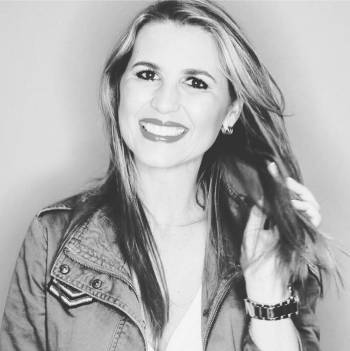 Any anecdote you remember?
Any anecdote you remember?
I was recently interviewing a guy who was newly married, and on their honeymoon he and his partner got COVID. When they returned to Colombia, he was admitted to an Intensive Care Unit (ICU) and all his wife did was sit down every day and cry. I went and interviewed them both and while they were telling their story I saw a little notebook on top of a chair. At the end of the interview I asked them about the notebook and he told me that when he was in the ICU he made a diary about what happened every minute; I asked her if we could know a little about that diary and on camera she started reading me and they both started crying. The climax of the note was when they were both crying for the notebook, if I had not screwed up nothing would have happened and it would have been a flat note like everyone does. You have to look for those touches, when you go to someone's house, to the office, how they dress or express themselves, you have to be a very good observer because from observation you can generate important dramatic moments.
Claudia, thank you so much for sharing your experience and lessons on what it means to be a presenter
To close, I am a social worker and I have dedicated myself to journalism because it has been the most beautiful thing that has happened to me in my life. I have been able to use social work in journalism and the invitation for Social Communication students is to become aware that you can transform someone's life through journalism. Being a journalist is one of the most powerful tools. With a call, with a story, with a note you can change someone's situation. For me, that's what gives the most satisfaction in journalism.
* PhD. Luis Fernando Gutiérrez Cano and Mag. Luis Jorge Orcasitas Pacheco, are professors and researchers at the Universidad Pontificia Bolivariana headquarters Medellín, in the undergraduate and postgraduate Faculty of Social Communication-Journalism. In this edition they have the support of the student Valentina Herazo Benítez.


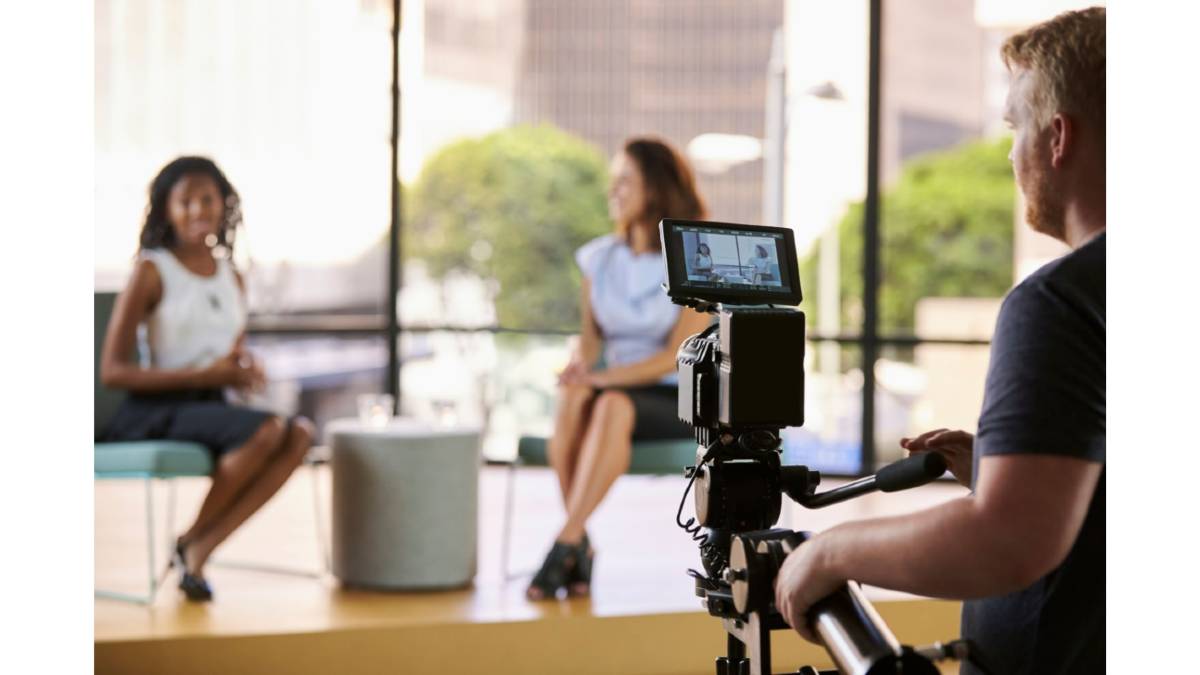


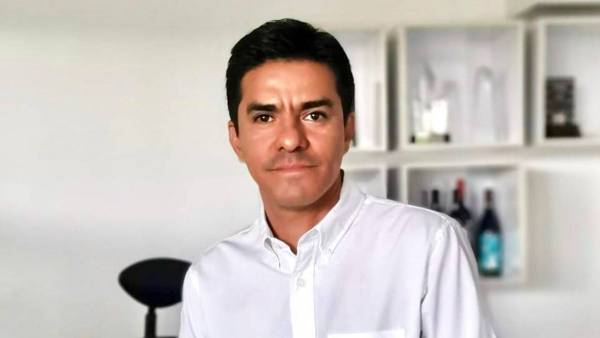

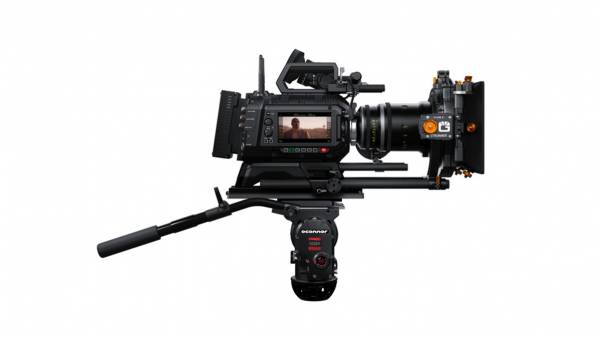




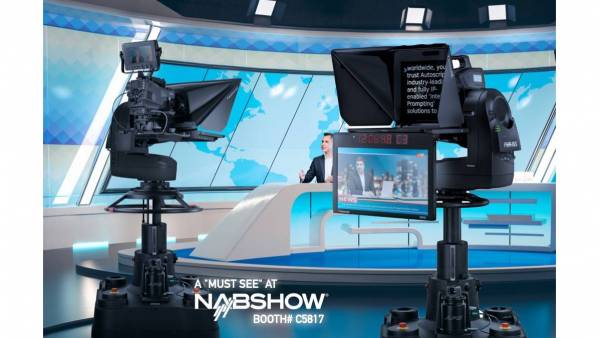
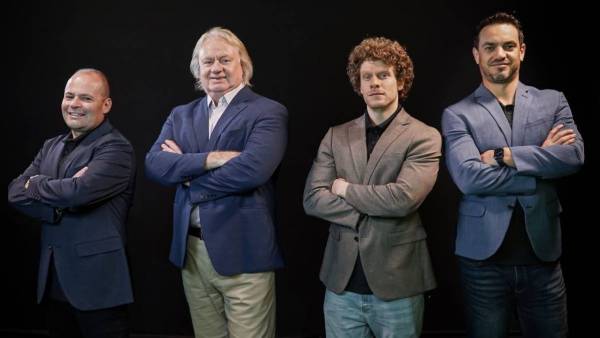



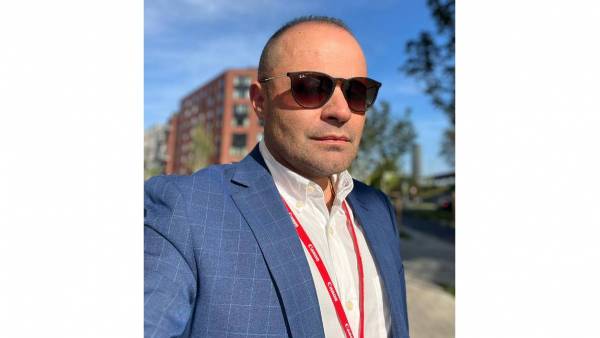







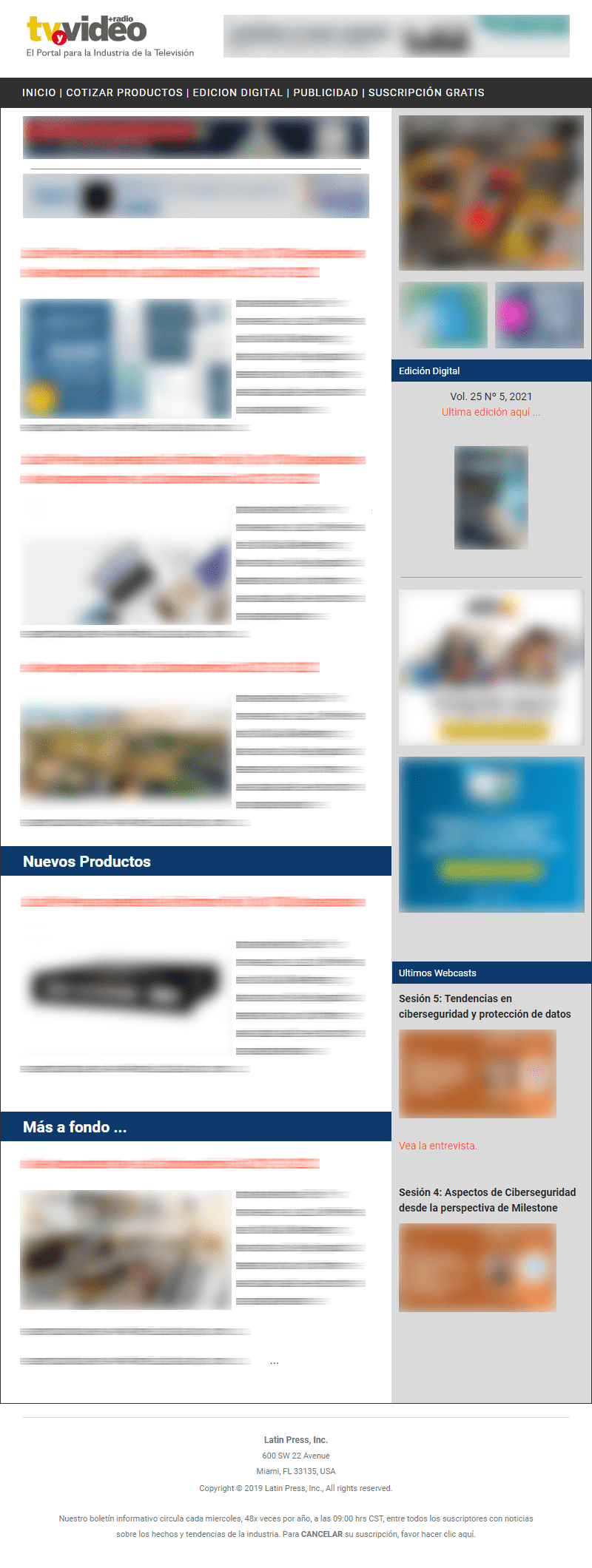
Leave your comment